
ʜᴇᴀᴅᴍᴏᴅ @hubxyz || ᴅɪɢɪᴛᴀʟ ᴘʀɪᴠᴀᴄʏ ᴡᴀʀʀɪᴏʀ | ᴇxᴘʟᴏɪᴛ ᴅᴇᴠ / ᴀᴅ ᴀᴛᴛᴀᴄᴋꜱ | ɴᴏ ᴅᴀᴛᴀ. ɴᴏ ᴛʀᴜꜱᴛ. ᴋɴᴏᴡ ᴇᴠᴇʀʏ ᴠᴜʟɴ.
How to get URL link on X (Twitter) App

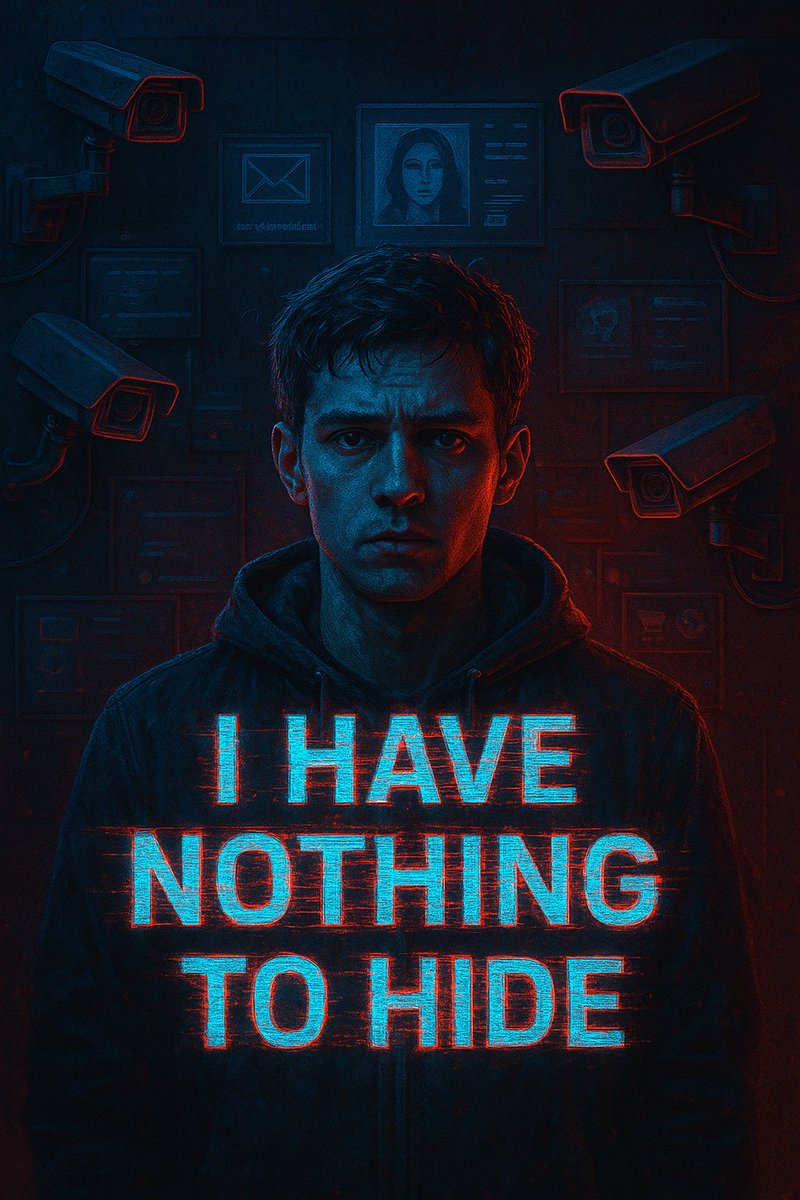
 You buy something online: an expensive watch, a crypto wallet, or a gadget
You buy something online: an expensive watch, a crypto wallet, or a gadget 
 🔎 So what exactly is Hexstrike AI?
🔎 So what exactly is Hexstrike AI?

 📝 Every transaction leaves a visible trace:
📝 Every transaction leaves a visible trace:
 The AI doesn’t ask. It watches your videos, comments, and habits.
The AI doesn’t ask. It watches your videos, comments, and habits.
 Your browser needs to know where to go every time you type a website.
Your browser needs to know where to go every time you type a website.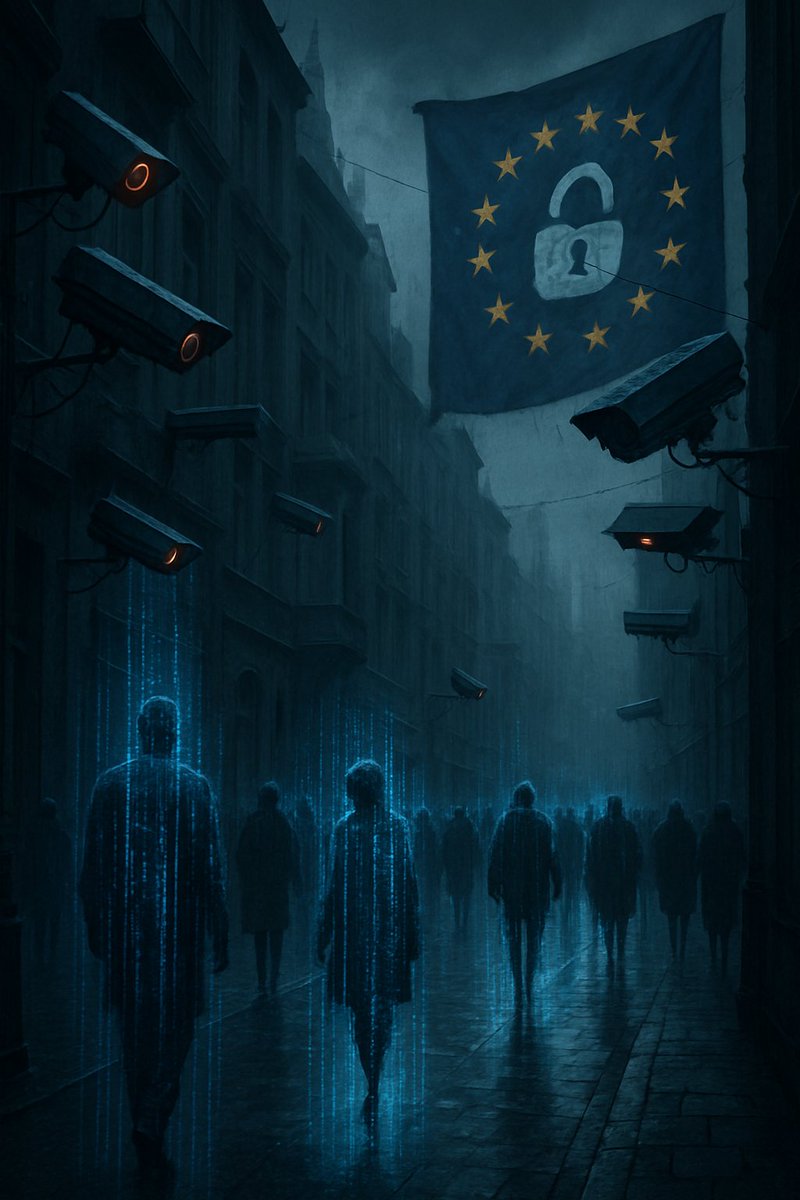
 It all started with Chat Control: a proposal to scan all your private messages for illegal content.
It all started with Chat Control: a proposal to scan all your private messages for illegal content.https://x.com/MrCrypPrivacy/status/1951276619479331158
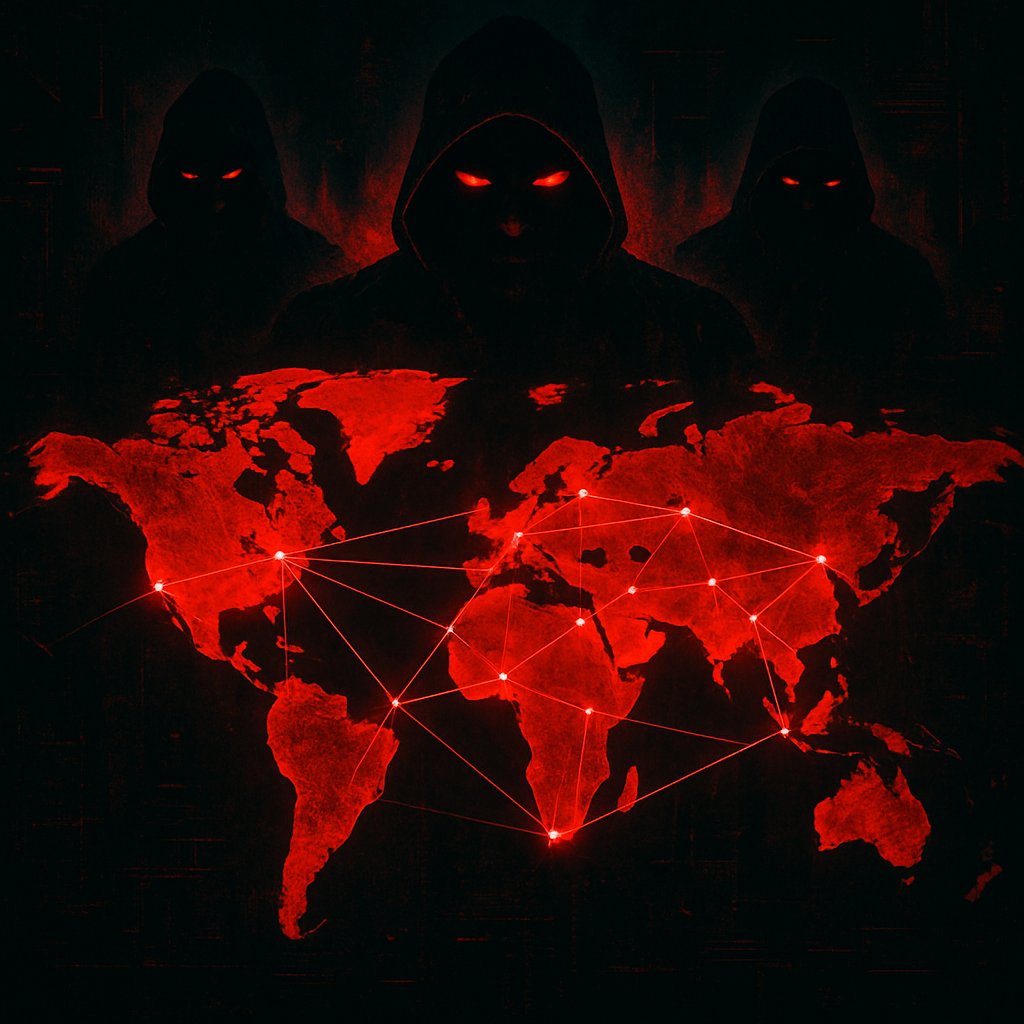
 The 14 Eyes is an international alliance of countries that share surveillance data with each other to spy on citizens, businesses, and governments.
The 14 Eyes is an international alliance of countries that share surveillance data with each other to spy on citizens, businesses, and governments.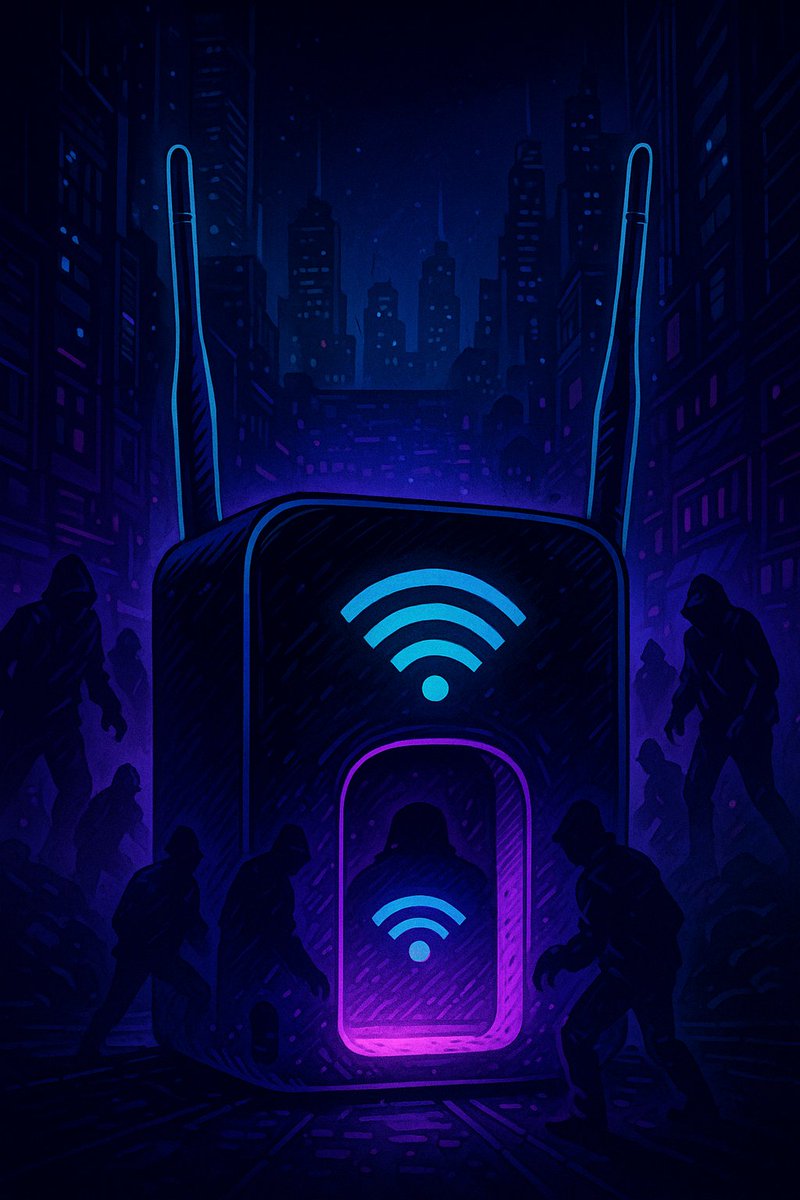
 Your router is the heart of your network.
Your router is the heart of your network.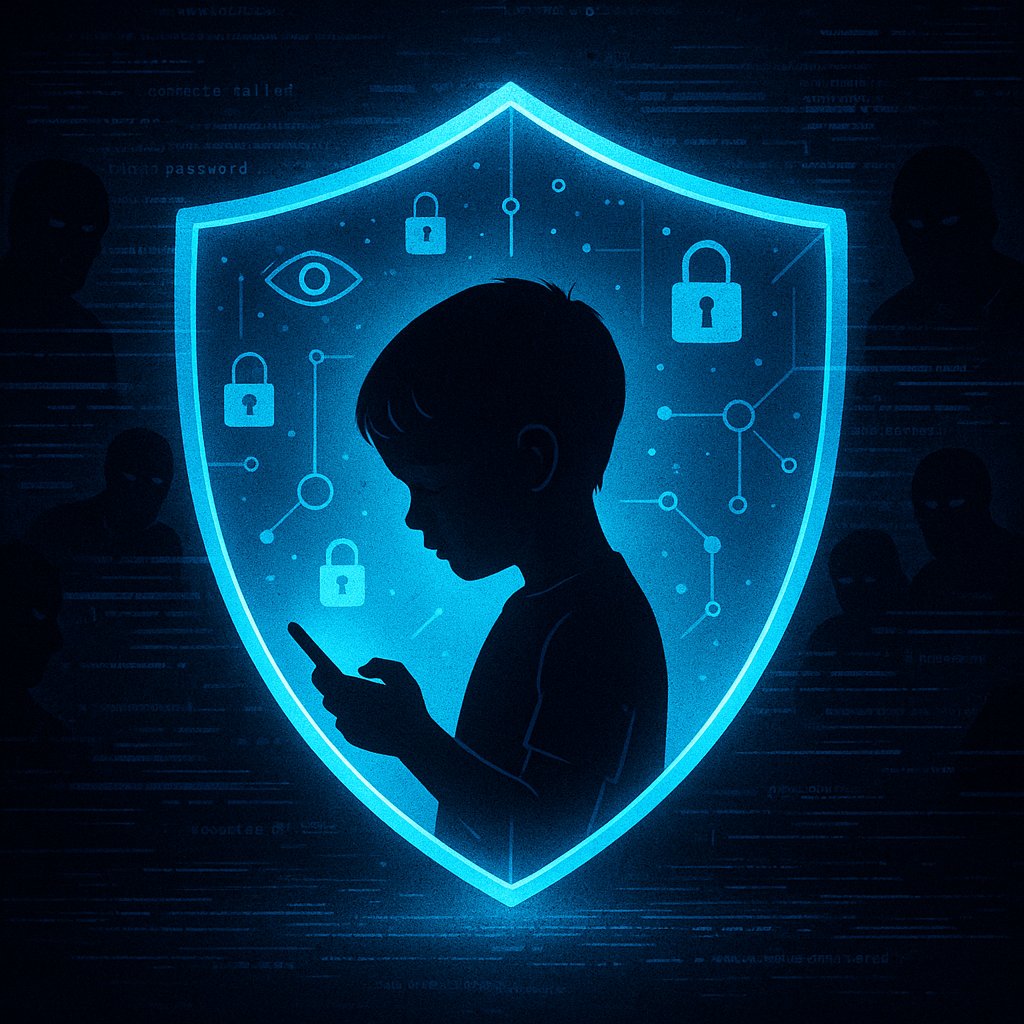
 Sharenting is when parents publicly share photos, videos, or personal stories of their kids online, often without realizing the consequences.
Sharenting is when parents publicly share photos, videos, or personal stories of their kids online, often without realizing the consequences.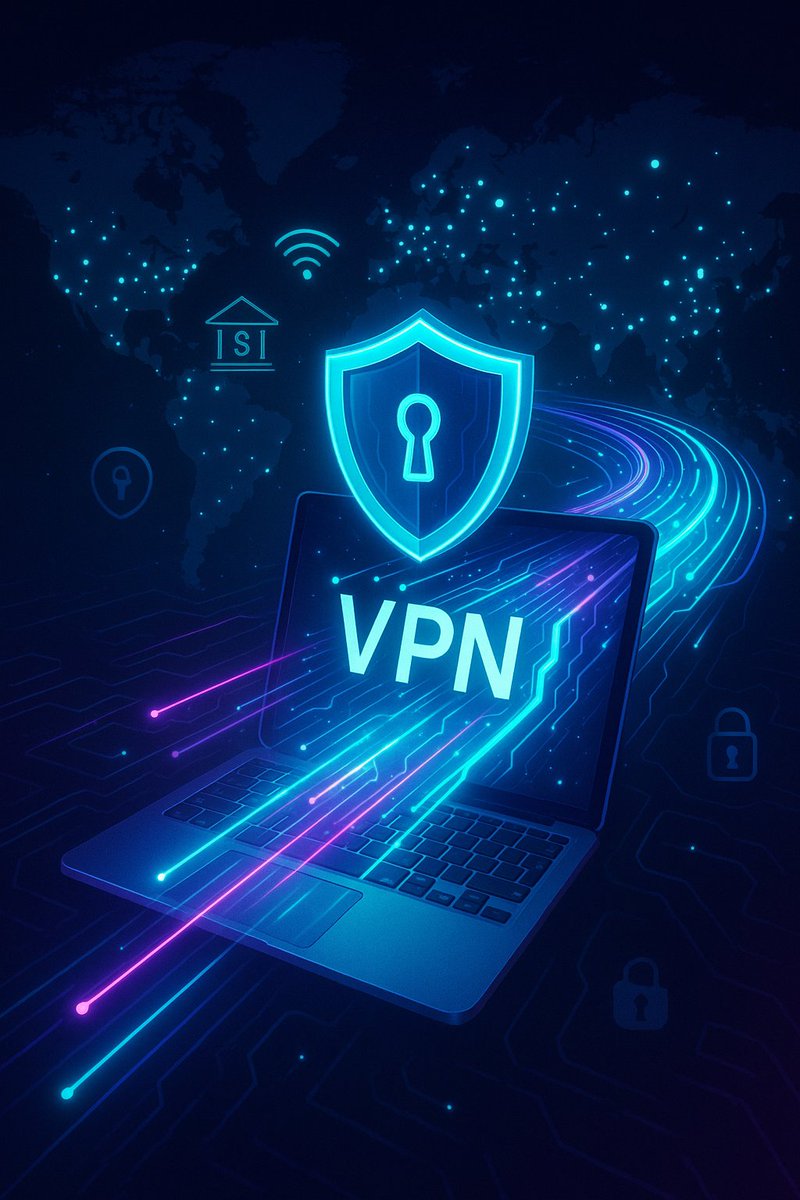
 What is a VPN and how does it work?
What is a VPN and how does it work?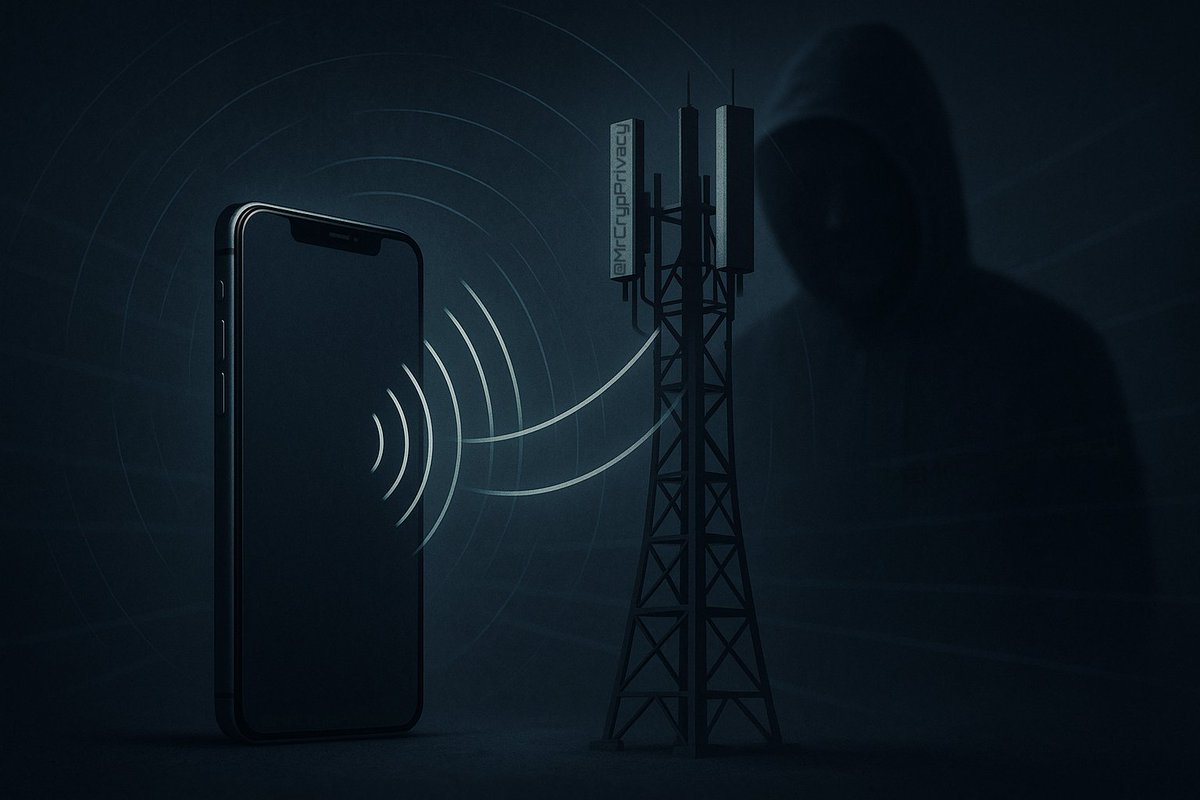
 In the previous thread, we saw how the IMEI and IMSI can be used to track and identify your phone.
In the previous thread, we saw how the IMEI and IMSI can be used to track and identify your phone.
 What’s IMEI?
What’s IMEI?
 App stores (outside Google Play)
App stores (outside Google Play)